In Vivo Services
Overview
Our comprehensive in vivo services include Ba/F3 Xenografts, CDX Models, Syngeneic Models, Gene-Editing Xenografts, PBMC Humanized Mouse Models, Luciferase Tumor Models, Orthotopic Models, and Subcutaneous Models. These models cater to the diverse needs of cancer research and tumor immunology studies. Whether you’re exploring kinase inhibitors, gene editing, or tumor growth, we offer innovative solutions to accelerate your research and drive groundbreaking advancements in cancer treatment and beyond. Explore our services and embark on your research journey with confidence.
All in vivo Services
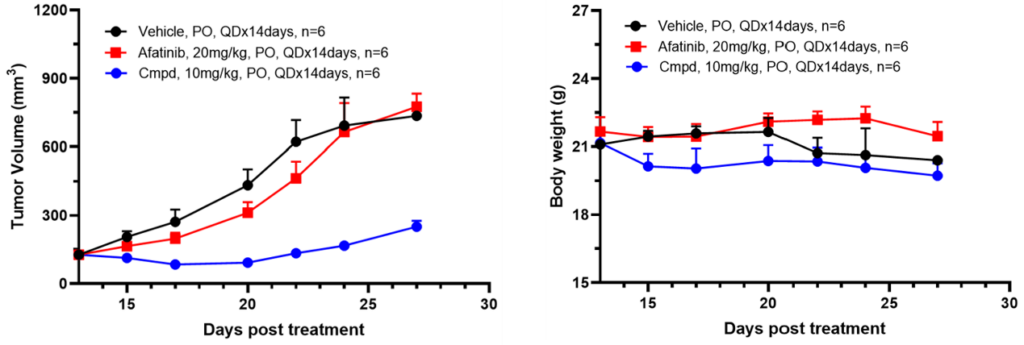
Ba/F3 Xenograft focuses on protein kinases, a cornerstone in cancer research. With FDA’s acknowledgment of kinase drugs, it offers important oncology insights aiding for deeper understanding.
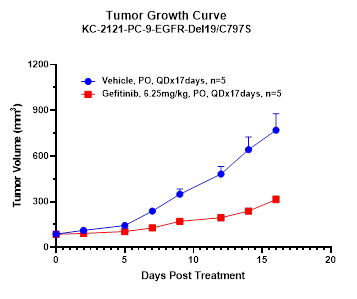
Gene-edited xenografts, utilizing tools like CRISPR/Cas9, offer precise modifications to tumor cell genomes, significantly expanding the horizons and potential of modern oncological research methodologies and insights.
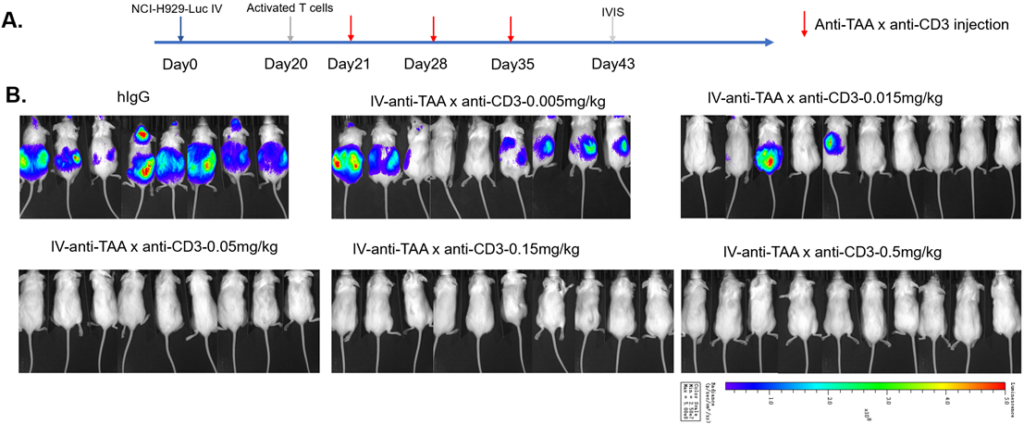
Luciferase tumor model provides insights into tumor growth and immune dynamics. Using bioluminescence, it provides real-time insights. This innovative approach deepens comprehension, advancing cancer research and promoting novel therapeutic discoveries.
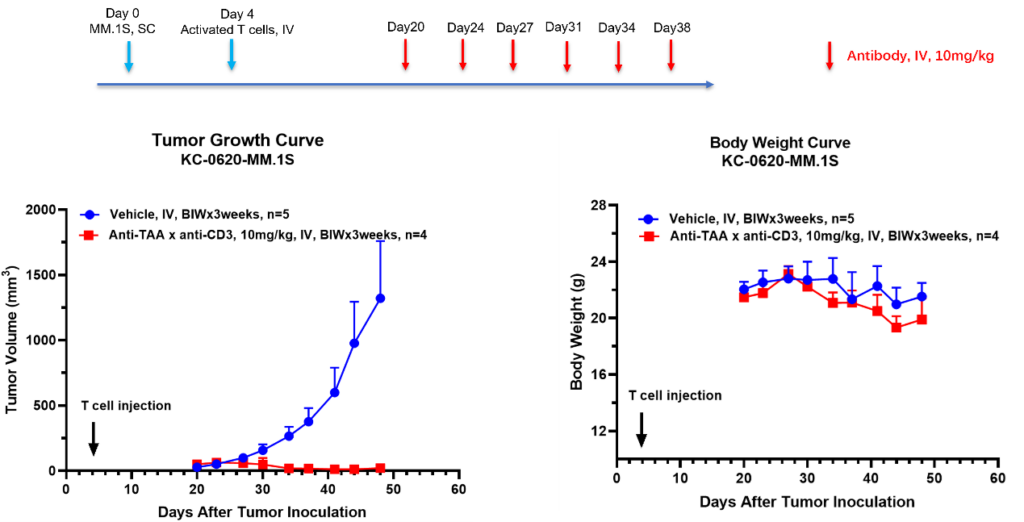
PBMC Humanized Mouse Model incorporates human T cells’ behavior, enabling detailed tumor immunology analysis. It presents a unique avenue for in-depth exploration, enriching research and offering a comprehensive study platform.
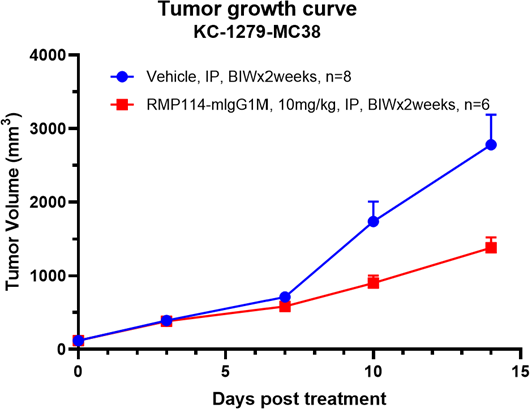
The Syngeneic Model leverages the uses of mouse-derived tumor tissues, placed into genetically similar hosts, contributing to consistency and depth in cancer studies. Ensures a genuine environment for cancer study.
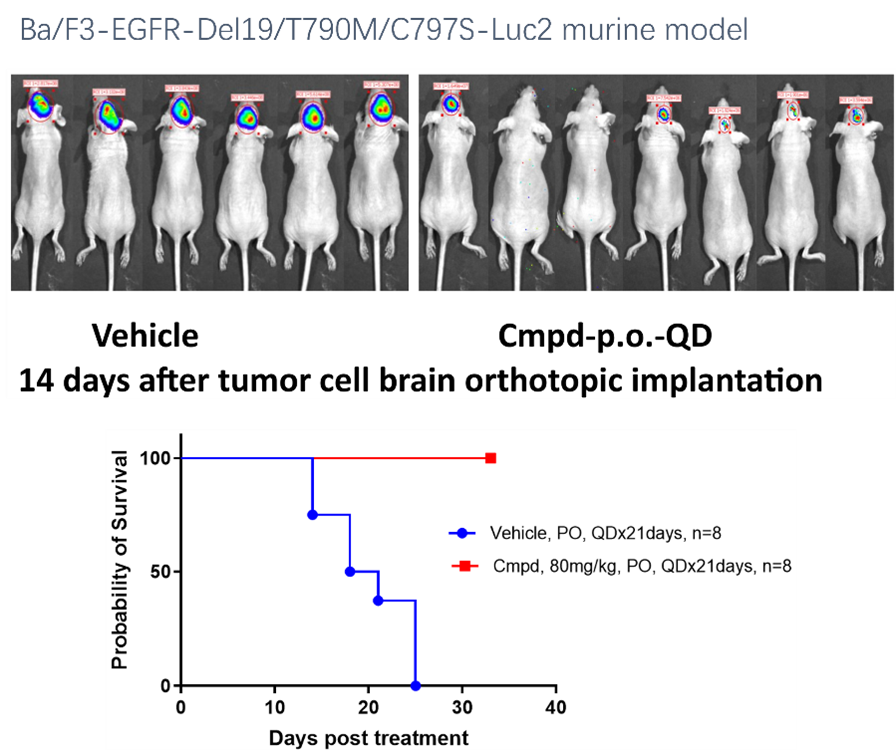
The Subcutaneous tumor models are a leading choice for evaluating anti-cancer drug efficacy, supporting clinical trials, and understanding potential treatments. Its established method is a key component in therapeutic research.
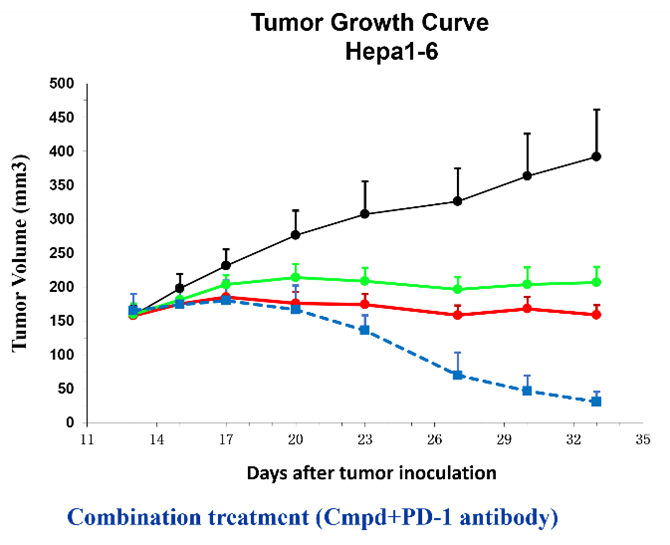
The subcutaneous tumor model is one of the most commonly used in vivo evaluation systems for assessing the efficacy of novel anti-cancer drugs. Typically, tumor …
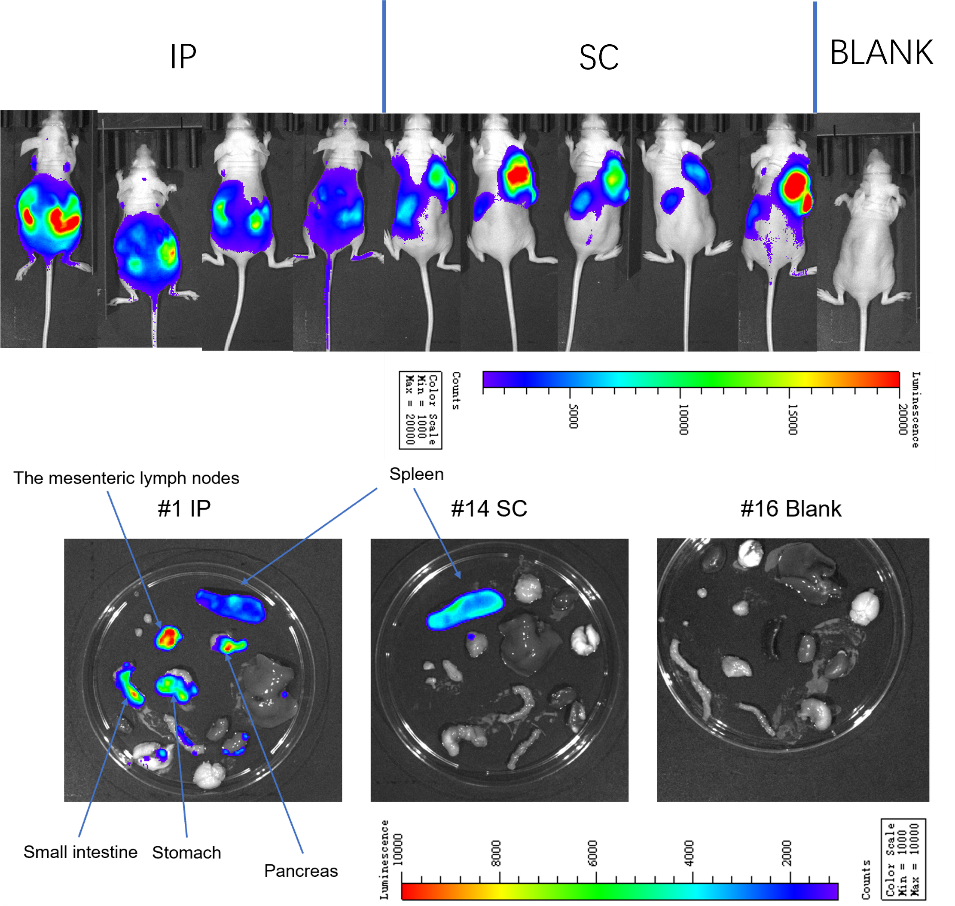
In cancer research, metastasis models are crucial tools that help us understand how tumors migrate from their original location to other parts of the body. Ba/F3 cells are a common type of tumor cell, especially in mouse models, where they exhibit metastasis.